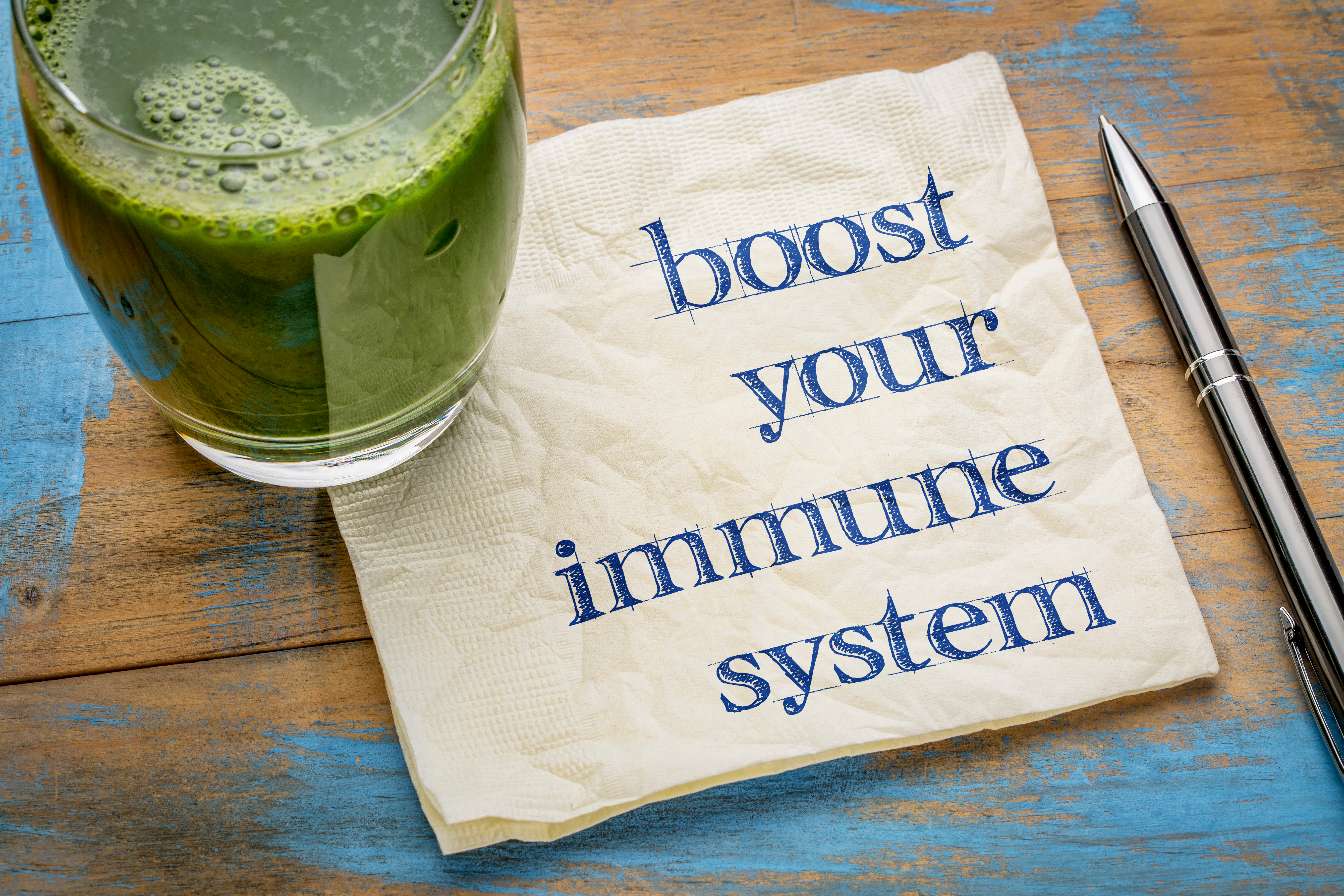After entering the fifth or sixth decade of life, the human body undergoes dramatic changes. These changes make the body somehow weaker and reduces it’s ability to fight pathogens. An aging immune system loses it’s ability to protect you from infection. It is important to take care of your body and restrict immune ageing. As human beings, we can’t completely avoid immune ageing but there ways you can keep healthy and maintain your immunity. We sat down with Dr Sonam Solanki, Consultant Pulmonologist and Bronchoscopist, Masina Hospital, Byculla, Mumbai to discuss immune ageing and how we can control with various factors which include stress, exercise amongst other things.
What Is Immune Ageing?
Over the last several years, there has been an overall interest in understanding immunosenescence,
defined as the change in the immune system with age. It not only results in a decreased number of cells
to fight infections but also the altered function of the human body’s defence, including response to
vaccines. These changes do not matter in normal health, but an older person may not mount an
adequate immune response when faced with a new infection.
Breaking Down Immunosenescence
Many factors like childhood infection and genetic factors contribute to the poor immune system, but
stress, poor diet and a sedentary lifestyle also cause accelerated immunosenescence.
Any form of stress, like physical/psychological/emotional or environmental, causes hormonal imbalance
in the body. For example, cortisol is a natural steroid hormone produced in the body. The levels of
cortisol increase during stress, suppressing one’s immune system’s effectiveness in fighting infection and
mounting an adaptive immune response.
Ways To Control Immune Ageing
A healthy diet contributes to the general well-being of an individual and is also essential to the immune
system. Deficiencies in macronutrients (Fats/carbohydrates and proteins) and micronutrients (Vitamin
B6/12/E/folic acid/zinc/copper/iron/selenium and essential fatty acids) have been postulated to
contribute to a healthy immune system. If there is a nutritional deficiency, supplementing and
correcting prevent the immune ageing. There is not enough evidence to conclude that general
nutritional supplements are helping with slowing immunosenescence.
The effect of enhancing immune function on host resistance to infection in healthy individuals is unclear. Probiotics and a healthy gut are known to improve immune function. Smoking/alcohol intake and other substances indirectly result in poor nutrition/ nutritional deficiencies and thus cause a poor immune system.
Can Exercise Help Control Immune Ageing?
Physical activity and exercise are other aspects of life that will help one’s immunity slowly. During
exercise, the circulation of immune cells around the body improves, and improvement in tissue
immunity is noted. Exercise also has an indirect effect of reducing stress and inflammation, which also
improves immunity. It contributes well to good nutrition as well. Strength training, weight training, HIIT
(high-intensity interval training) and walking all contribute to a healthy immune system.
Another practical way to keep the immune system from ageing is to take the recommended vaccines on
time. Other healthy lifestyle components like sleep hygiene and hydration are equally crucial for a
healthy immune system.
Follow @missmalinilifestyle on Instagram for more content like this.

